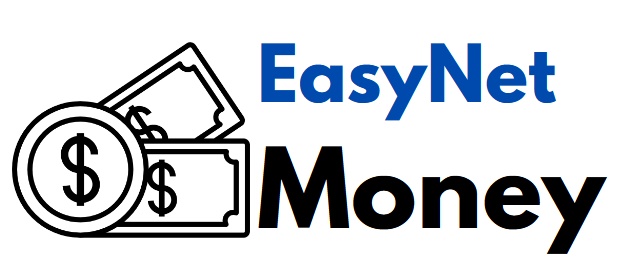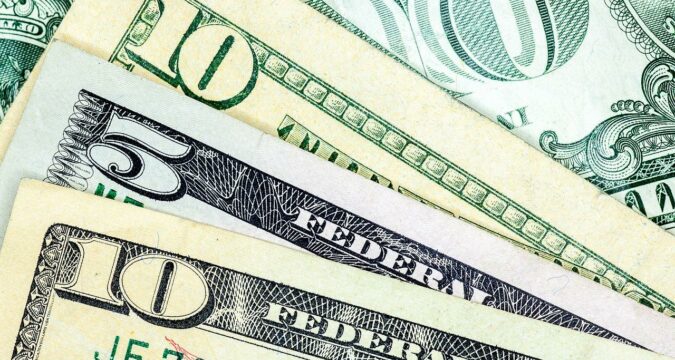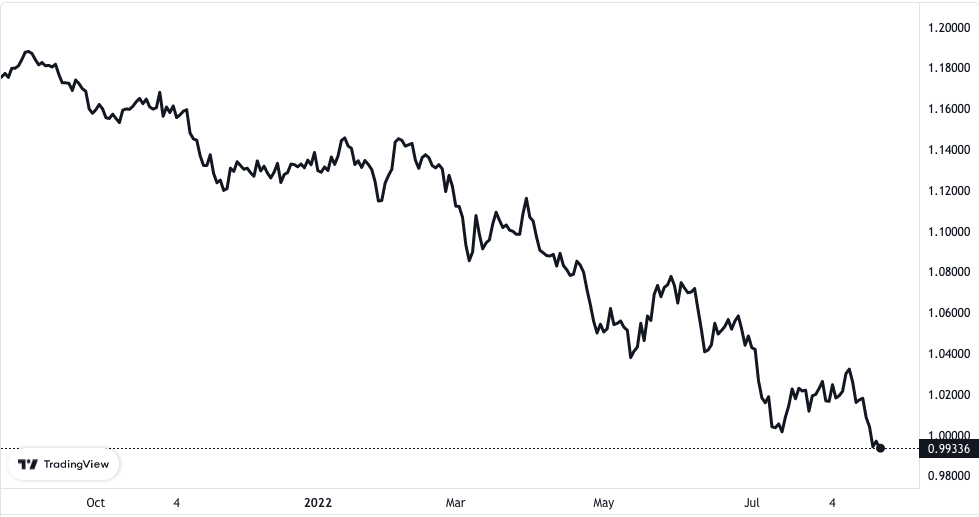The EUR/USD currency pair is undergoing an oscillatory movement within a narrow path between 0.9944 and 0.9956 during the Asian session. The pair went sideways following a fairly good correction from the height of 1,0000.
Germany’s PMI Slows
In consideration of a wider context, the EUR/USD pair’s slide is currently favored. Before now, the pair has a strong recovery after it printed a new twenty-year low level close to 0.9900. this came up at the same time the German PMI showed a mixed production despite the vulnerable agreement.
EUR/USD price chart. Source TradingView
The US Dollar index, on its path, is showing a lukewarm performance following a strong recovery from its low levels on Tuesday which landed at 108.36. The Dollar index gained some strength again in spite of the heavy contraction it saw in the private sector.
The United States’ Purchasing Managers Index shrank drastically while led by increasing interest rates coming from the Federal Reserve. But the Dollar index was still able to recover its strength as the Federal Reserve plans to continue with its interest rate increment with the same momentum it embarked on. This is in spite of the plummeting economic activities in the country.
Furthermore, the whole attention of market players is going to be fixed on the expected US Durable Goods report. It is speculated that the economic report will contract by 0.6% from the last record of 2%. This equally shows that there has been a drop in the general demand in the American economy and it might lead to further pressure on the Dollar index.
Energy Crisis Grips Europe
Nevertheless, the Euro bulls are getting concerned over the possibility of an energy crisis coming up in Germany. There is a scheduled three days of energy cut for routine maintenance of the Nord Stream 1line. This development might speed up the imbalance in the demand and supply mechanism of the energy sector.
Germany is one of the central members of the European Union. A case of an energy crisis in the country will have far-reaching effects on the entire Eurozone.
Russia has been exploring ways to retaliate sanctions against it by the European Union and the United States over the ongoing war in Ukraine. Western countries placed a ban on most activities and engagements with Russia except oil and gas supply because most of Europe depends on it.
Russia’s retaliatory sanctions sent European countries scrambling for alternatives for their gas supply. Germany has been one of the worse hit countries by the gas crisis.


